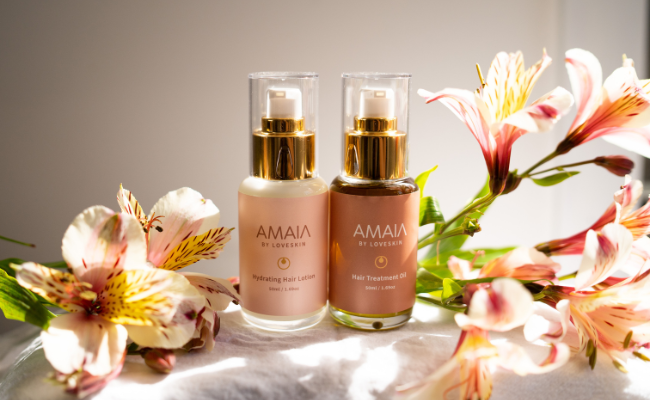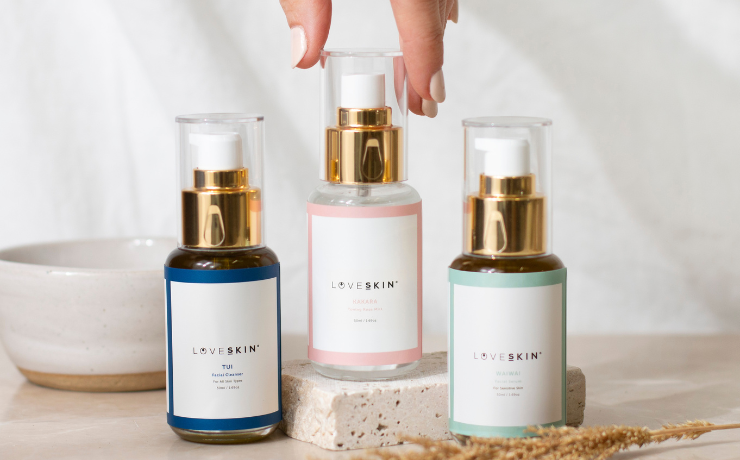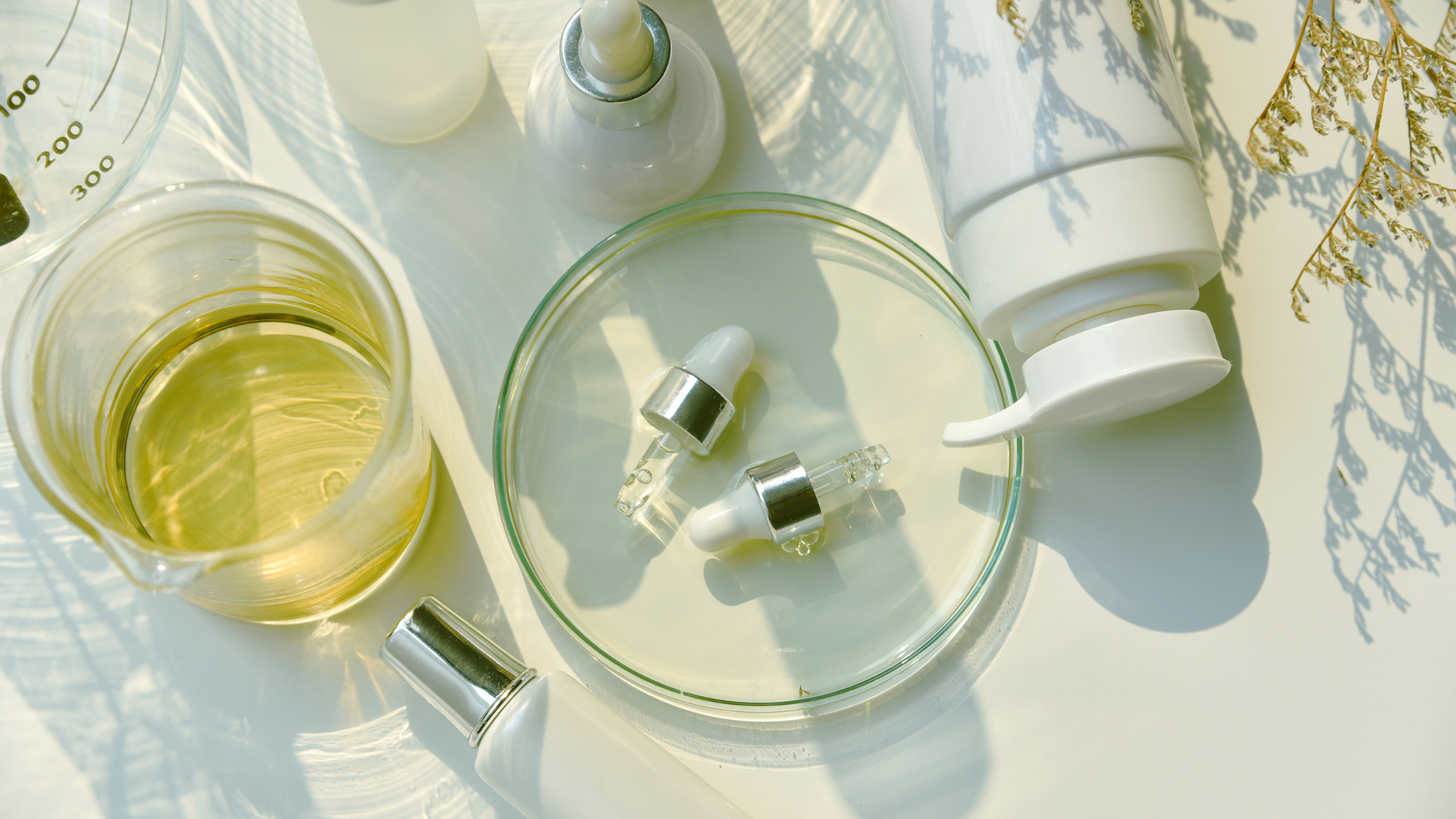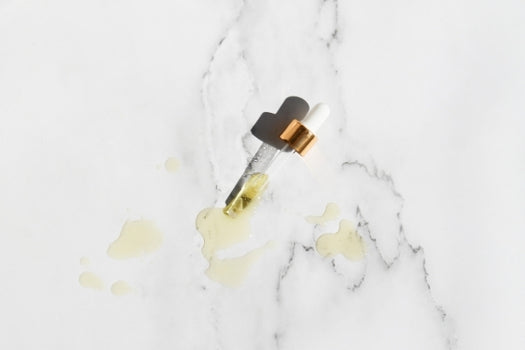Skin Barrier Repair: Why a Healthy Barrier Matters More Than You Think
When we think about skincare, it’s easy to focus on what’s visible – dryness, redness, breakouts or irritation. But just beneath the surface lies something crucial to overall skin health: the skin barrier.
Also known as the stratum corneum, the skin barrier is your body’s natural defence system. It acts like a security gate, keeping moisture in and irritants out. When this barrier is intact, your skin feels soft, hydrated and resilient. But when it’s compromised, the effects are hard to ignore – and skin barrier repair becomes essential.
What Is the Skin Barrier?
The skin barrier is made up of tightly packed skin cells (like bricks) held together by a mortar of lipids (fats). This structure helps protect the body from external stressors such as pollution, UV rays, bacteria and allergens while preventing excessive water loss. It’s the reason your skin doesn’t constantly feel dry, itchy or inflamed.
Signs Your Skin Barrier Might Be Compromised
- Dry, flaky or rough patches
- Redness or increased sensitivity
- A tight or itchy feeling after cleansing
- Frequent breakouts or inflammation
- Skin that stings or burns when applying products
These symptoms often point to a barrier that’s under stress and in need of gentle, targeted care.
What Can Damage the Skin Barrier?
Harsh Skincare Products
Using products that are overly stripping – such as those with strong alcohols, synthetic fragrances or harsh exfoliants – can disrupt the skin’s natural pH and strip away the lipids that keep the barrier intact. Over-cleansing, using foaming washes with sulphates or exfoliating too often can leave your skin vulnerable and inflamed.
Internal Stressors:
Gut Imbalances
A “leaky gut” (intestinal permeability) or an imbalanced microbiome can lead to systemic inflammation, often reflected in the skin through flare-ups or sensitivity. This internal inflammation can also weaken the skin barrier, making it more vulnerable to irritation, dryness and external triggers.
Nutrient Deficiencies
The skin relies on key nutrients to stay strong and hydrated. When these nutrients are lacking, the skin barrier cannot do its job properly.
• Zinc supports skin healing and helps regulate inflammation.
• Essential fatty acids (like omega-3s) form part of the skin’s lipid barrier.
• Vitamins A and D support skin renewal and immune function.
Hormonal Changes
Hormones influence everything from oil production to inflammation levels. High cortisol (the stress hormone) can impair the skin’s ability to repair itself, while low oestrogen may reduce hydration and elasticity. Hormonal fluctuations are often behind changes in skin texture, breakouts and barrier sensitivity.
Immune System Activity
Your skin and immune system are in constant communication. Your skin is not just a barrier – it’s an active immune organ, home to specialised immune cells like Langerhans cells, T-cells and mast cells that help detect and respond to threats.
When the immune system becomes overactive or dysregulated, it can trigger chronic inflammation and increase skin sensitivity. Because the skin is so immunologically active, internal imbalances – like gut inflammation, food sensitivities or long-term stress – often show up externally. Conditions like eczema, psoriasis, acne and rosacea are commonly driven by underlying immune dysfunction (though keep in mind that what you put on your skin can also significantly trigger, worsen – or soothe – these conditions depending on the ingredients and how they affect the skin barrier).
What Disrupts Immune Balance and the Skin Barrier?
Chronic Stress
Prolonged stress elevates cortisol levels, which interferes with immune signalling and slow skin repair. Ever broken out right before an exam or a big date? That’s stress hormones throwing your skin off balance. When stress becomes a constant, it keeps the immune system on high alert, fuelling ongoing inflammation and reactivity.
Gut Dysbiosis
Around 70% of your immune system resides in your gut. When your gut microbiome is out of balance, immune responses can become exaggerated – and your skin often pays the price, with flare-ups, irritation and inflammation.
Food Sensitivities & Allergies
Reactions to certain foods can trigger systemic inflammation that shows up in the skin. Redness, itching, breakouts or flare-ups can all be signs your immune system is reacting to something in your diet.
Autoimmune Conditions
In autoimmune disorders the immune system mistakenly attacks the body’s own tissues – including the skin. This immune overactivity can lead to chronic skin issues like psoriasis, eczema or dermatitis.
Environmental Toxins
Pollution, chemicals and harsh skincare ingredients can irritate the skin and activate immune responses, especially when the skin barrier is already weakened.
Skin Barrier Repair from the Inside Out
To restore and maintain a healthy skin barrier it’s important to think holistically. That means:
- Nourishing your body with whole foods rich in skin-supportive nutrients
- Managing stress to support hormonal and immune balance
- Staying well hydrated
- Using gentle, non-stripping skincare products
- Avoiding harsh exfoliants, alcohol-based products and synthetic ingredients
- Protecting your skin from harsh weather and excessive sun exposure
The Corneotherapy Approach: Essential Care for Skin Barrier Health
For skin that’s sensitive, reactive, acne-prone or chronically dry, corneotherapy is not just helpful — it’s essential. This science-led skincare philosophy centres on strengthening and restoring the skin’s natural barrier by treating the stratum corneum as a living, protective layer.
Instead of relying on harsh actives or exfoliants, corneotherapy uses bio-compatible, lipid-rich ingredients — including plant oils and soothing botanicals — to help the skin heal itself.
Botanically rich oils like jojoba, rosehip, avocado, borage seed and hemp seed (among others):
- Rebuild and reinforce the skin’s lipid barrier
- Soothe inflammation and calm immune overactivity
- Lock in hydration without clogging pores
- Support a balanced skin microbiome and healthy pH
This approach respects the skin’s biology, focusing on repair and resilience – not stripping or overstimulating it.
Who Benefits Most from the Corneotherapy Approach?
While all skin types benefit from skin barrier repair, corneotherapy is especially transformative for:
Dry or Dehydrated Skin
Restores lipids and improves moisture retention, relieving tightness and flakiness.
Sensitive or Inflamed Skin
Helps calm irritation and reduce reactivity by reinforcing the skin barrier and minimising exposure to triggers.
Barrier-Impaired or Damaged Skin
Rebuilds the outer layer after damage from harsh products, UV or over-exfoliation.
Acne-Prone Skin
Reduces inflammation and supports natural repair without aggressive stripping.
Rosacea, Eczema or Dermatitis-Prone Skin
Soothes surface symptoms while helping to calm local inflammation and reduce immune hypersensitivity through barrier restoration.
Mature Skin
Replenishes lost lipids and supports elasticity by maintaining hydration and calming chronic low-grade inflammation — without relying on irritating actives.
LoveSkin’s Commitment to Skin Barrier Repair
At LoveSkin, we take a corneotherapeutic approach to skincare – working with the skin, not against it. We focus on gentle, botanically rich, barrier-supportive care that restores balance, resilience and long-term skin health.
Because when your skin barrier is healthy, your skin feels it – and shows it.



